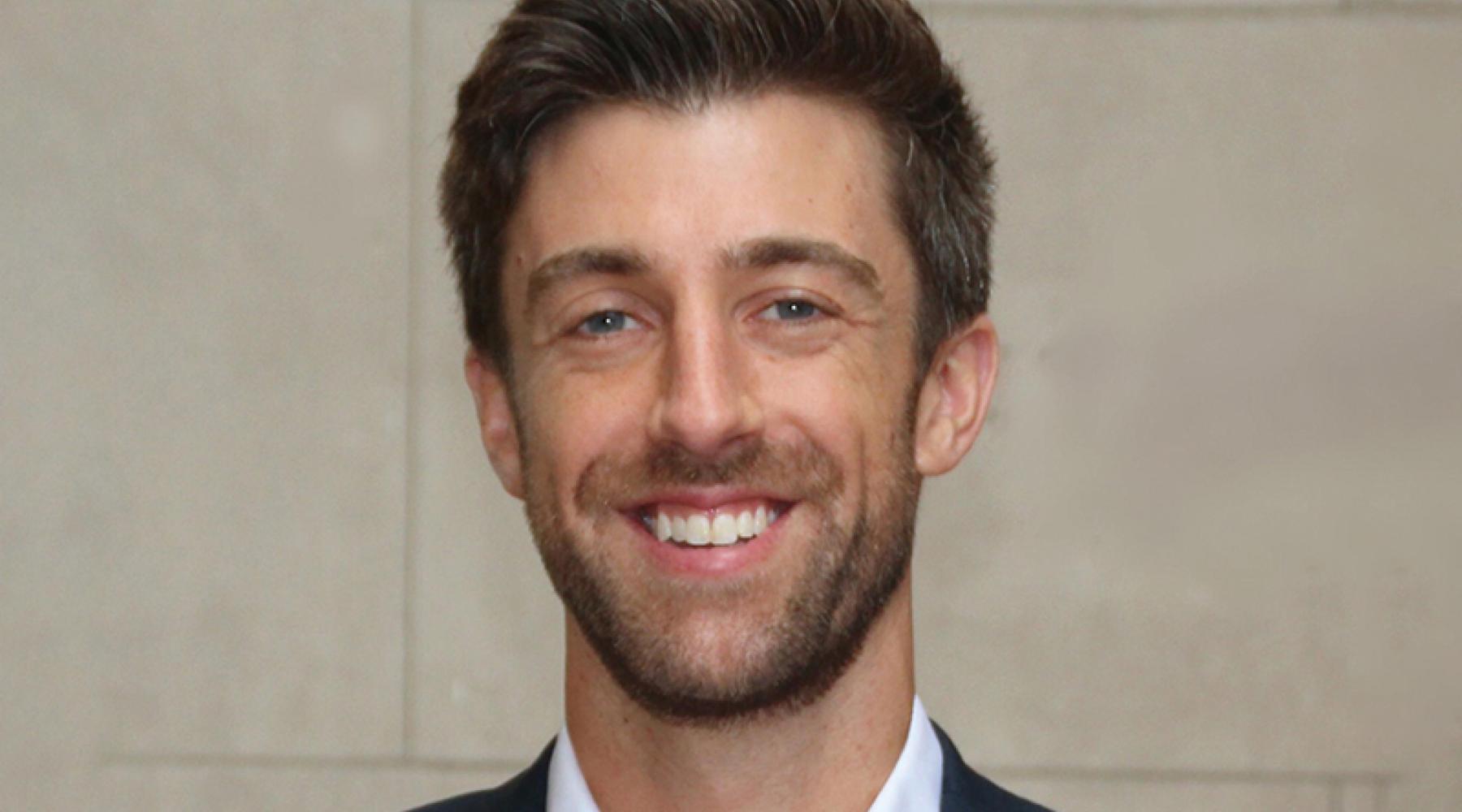
Faculty Spotlight: Evan Riehl, Associate Professor, Economics
How did you become interested in your field?
I worked in consulting before going to grad school and we did some finance and some policy work, and I always liked the policy stuff more. I do research on education, specifically higher education, and I think there is a very natural policy implication about this area, for example, with admissions. Who should be admitted to which schools? How does that impact people's careers? These are things where I think research can actually have an influence on policy debates, which can then influence people's lives.
What do you hope to accomplish with your research or outreach activities?
We've seen a lot of debate recently about how colleges should structure admissions, who should be admitted, which characteristics should be used, whether to use standardized test scores and what we should do now that race-based affirmative action is banned. I think it's important to have good evidence on what the impacts are for different students attending different types of colleges. Which students particularly benefit from going to selective schools? What are the channels through which those benefits operate? There are a lot of people in my field doing research on these things, but I think, together, we can form a collective understanding of who particularly benefits from attending certain schools and therefore how policy should be shaped.
Which classes are you currently teaching? Why do you believe it's important for all ILR students to understand this material?
I teach a required labor economics course, the Economics of Wages and Employment, which I believe is a nice complement to other ways of thinking that are taught at ILR. We have a really diverse curriculum, and econ is on the more mathematical or quantitative side of the different approaches that ILR students are exposed to here. I think one of the strengths of economics is that we often make assumptions about how people behave that students don't always find palatable, and for good reason. Not everybody is a utility-maximizing machine. That said, once you make those assumptions, you're then able to make quite precise statements about what certain policies would do, and so that's the trade off. We make strong assumptions, but then make precise predictions, and I think that's a useful tool.
The second course I teach, Inequality in US Higher Education, is more closely related to my own research. We talk about topics related to the economics of higher education, so things like affirmative action, standardized testing, the returns to college, and peer effects. It’s also somewhat of a methods course in the sense that it's teaching how to use data and empirical methods to inform policy. We read published economics journal articles in which economists have tried to causally identify the impact of some policy, and then we talk about the methods used and the data they bring to those arguments. Students who are interested in the toolkit that economists use to bring data to policy questions would benefit from taking that course, as these same methods are used widely in applied research on economics, crime, health and development, and many other areas.
What do you enjoy most about working with ILR students? What advice do you have for new students?
ILR students are very motivated and they're quite socially conscious. I think it's maybe stereotypical of college students, but I think it's particularly true of ILR students that they want to make the world better and they're not here just to get a good career. So it's really a joy to teach them because I think they're here for the right reasons, they're interested in learning, and they're interested in making a difference. In terms of advice, one mistake I felt like I made in undergrad was I chose my courses more based on the topic than on the faculty member, so I took some courses where I was really interested in the topic, but the professor wasn't that engaging or wasn't that motivated to teach. I think if I could do it over again, I would have taken more courses where the faculty member was outstanding regardless of the topic. We have a lot of outstanding professors at Cornell, both in ILR and more broadly, and I think it'd be good to go outside your comfort zone and just take a course that's excellent, and I don't think you'll regret it.